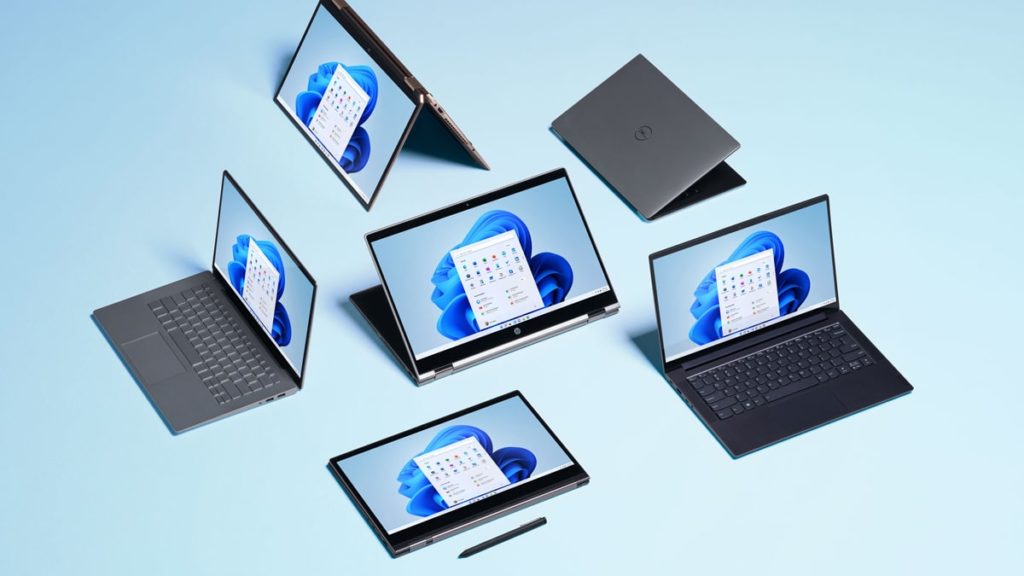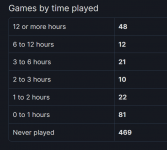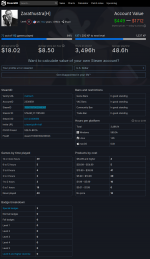- Joined
- May 6, 2019
- Messages
- 13,407
- Points
- 113
Image: Microsoft
Windows users have been a lot more eager to upgrade to the latest version of the popular operating system in comparison to its predecessor.
That’s according to Panos Panay, Chief Product Officer, Windows + Devices, who shared a blog post this week discussing Windows 11’s relevance in the market and what users can expect in the next big update to the OS (e.g., Android app support). In a portion relating to engagement and growth, Panay revealed that people are upgrading to Windows 11 at twice the rate that Microsoft saw for Windows 10, indicating that there may be a higher level of interest in the OS than critics have suggested.
“Since the launch of Windows 11 in October, we have seen strong demand and preference for Windows 11 with people accepting the upgrade offer to Windows 11 at twice the rate we saw for Windows 10,” wrote Panay.
“Windows 11 also has...
Continue reading...




